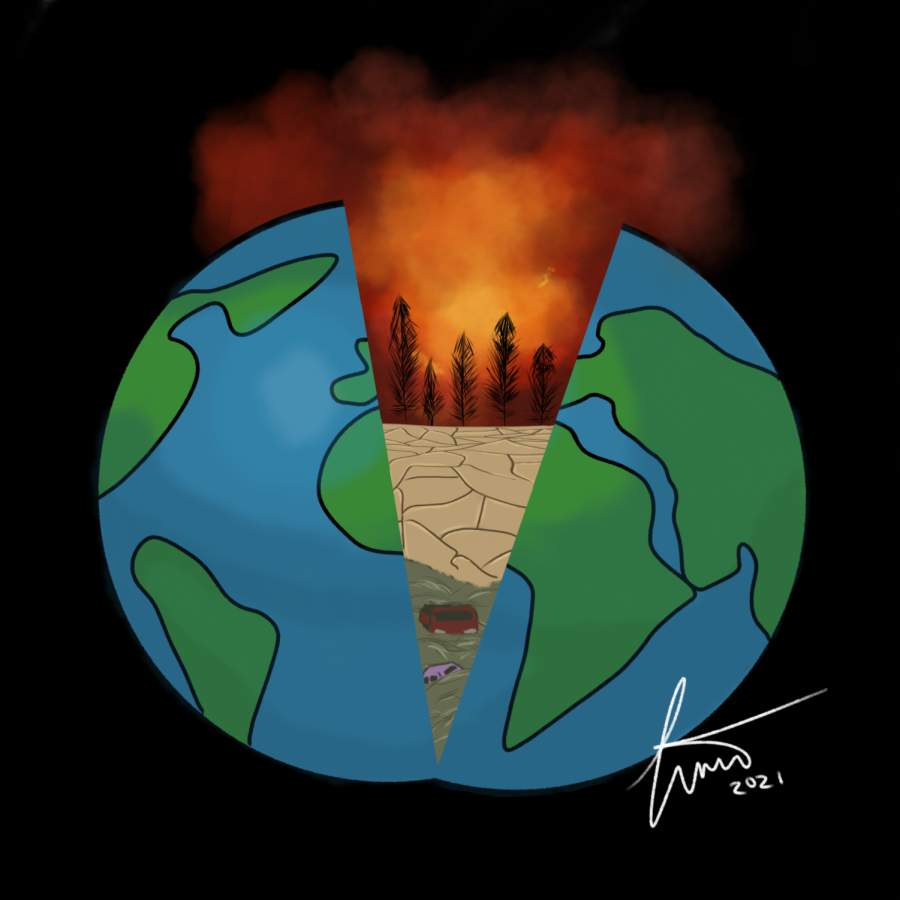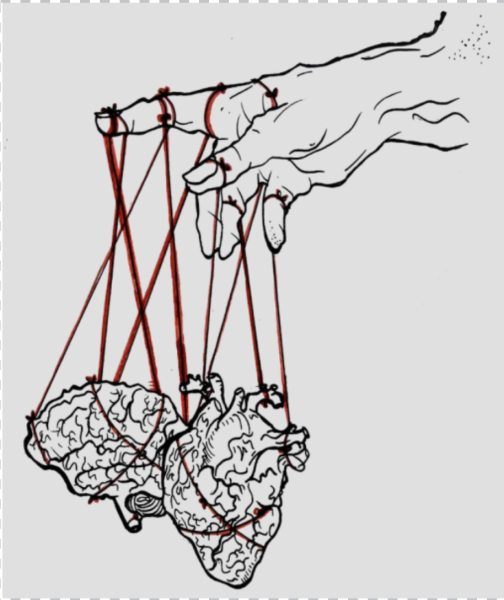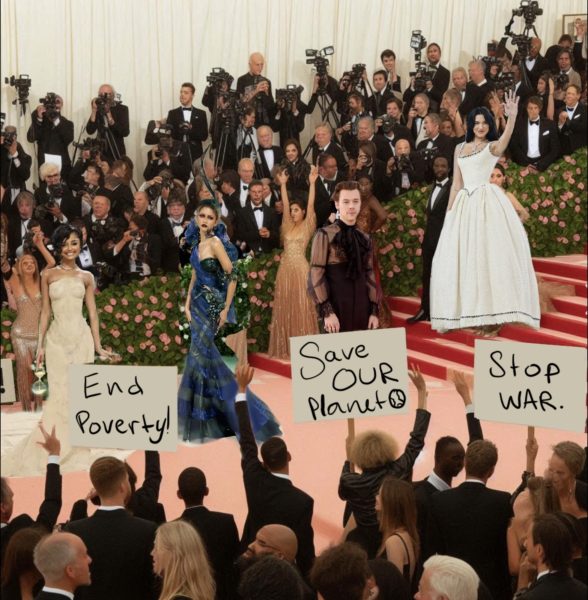We Didn’t Start the Fire… Or Did We?
A family struggles to escape a forest swallowed by thick flames. Men and women stand on sinking cars as they watch their houses break away into the muddy currents. Hundreds of people perish in deadly heat waves.
We have all witnessed the horror that was the summer of 2021. Photos, stories and footage of devastating natural hazards from Turkey to Germany have flooded the news and social media pages. Most significantly, a glaring “code red” has been published for humanity in the form of the Intergovernmental Panel for Climate Change (IPCC)’s climate report- but what does all of this mean for our future?
It’s not uncommon to hear that climate change is a significant problem, or even the biggest problem of our time. In fact, this message has been repeated endlessly without creating significant societal change. At the end of the day, here we are in gorgeous Switzerland, with so little connection to some burning trees on some other continent. As far as we can tell, there hasn’t been much of a problem. This response has been the reaction to the IPCC’s last 5 scientific assessments of the climate since the panel’s creation in 1988. Political debates about climate change always end in unsatisfactory fudge and false promises. As a community, we are used to glossing over this issue- we live in an evidence-based society that just hasn’t seen any evidence.
Not this time. The IPCC released their sixth assessment report on August 9th, 2021, and this is our wake-up call. The planet is finally forcing us to listen.
The report first remarks climate science’s improved precision and large strides in attribution research over the years. In simpler terms, researchers are becoming more confident in analyzing a disaster like a heat wave and connecting it to its cause- climate change. Going forward, scientists are now equipped with computer simulations, observational data and forecasts that are better than ever before.
But then comes the hard part.
We are trapped into around 30 more years of worsening climate disasters regardless of what we do. The planet has warmed around 1.1°C since the 1800s, and this will continue until at least 2050. Some impacts, such as the melting of ice sheets in Greenland and West Antarctica will continue to melt at least until 2100. Perhaps most harrowingly, sea levels will rise globally for another 2,000 years.
The report also found that these changes are happening at a faster rate than before. The rate of sea level rise has doubled since 2006, heat waves are becoming successively hotter since 1950, and marine heat waves- bursts of heat that kill ocean life- have doubled in frequency in the last 40 years.
This overload of statistics can be a lot to process. It may also seem like we have irreversibly flushed our own planet down the drain. However, the report laid out five climate future scenarios, some of which have a brighter future in store for humanity.
Under most scenarios the IPCC presents, warming will continue beyond 2040 and throughout the remainder of the century. In the worst cases, the planet will warm to 3-6°C above pre-industrial levels- which would be disastrous. But the report also claims that aggressive and widespread cuts in emissions, starting now, could limit warming. In the most optimistic case, achieving “net-zero emissions” could even bring warming back under 1.5 degrees by 2100.
We can no longer be naive about how we make change. For ages, we have settled for the superficial idea of “personal responsibility” when it comes to the climate, which is simply not good enough. From now on, nothing matters more than pushing the people at the levers to take action and facing the difficult truths regarding monster polluters and corporations of our planet. Coming together to strive for political and systemic change will be the instrumental next steps to achieving one of the better five scenarios we have been presented with.
To do this properly? Persevere. Participate in strikes or rallies and involve yourself in local climate organizations- Protect Our Winters (POW) in Switzerland is a brilliant example. Educate yourself about the COP-26 climate conference in Glasgow starting on the 31st. Tap into social media and network with others to let political leaders know that you demand meaningful change. And if you still want to turn off the tap when you brush your teeth or drive electric, go for it.
The summer of 2021 was the planet’s teaser for the show that’s about to happen. And unless we do something about it, our names will all still be rolling in the credits.

I’m a year 13 student who loves chemistry and poetry! I love writing about STEM, and I’m looking forward to writing more opinion articles and current...







